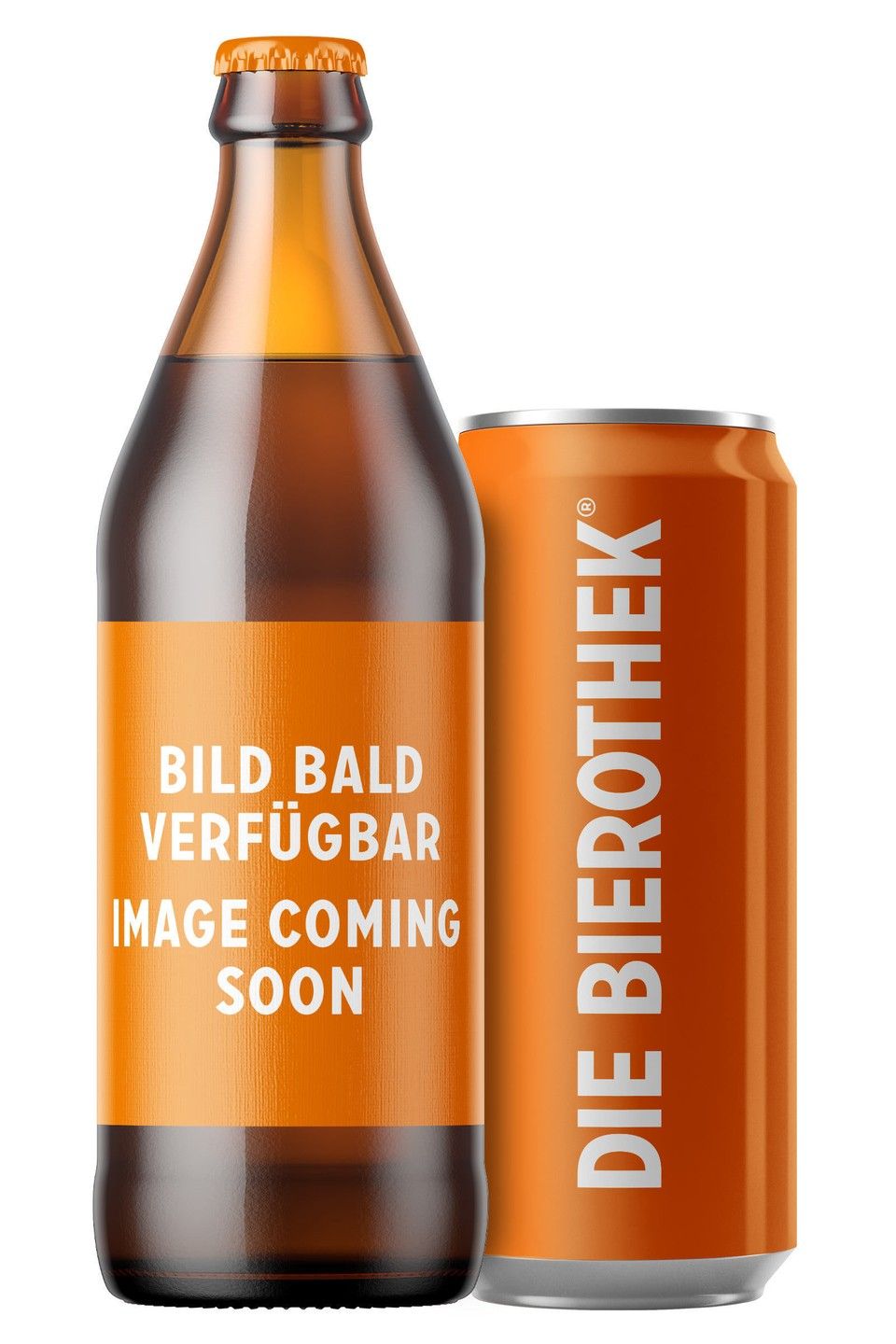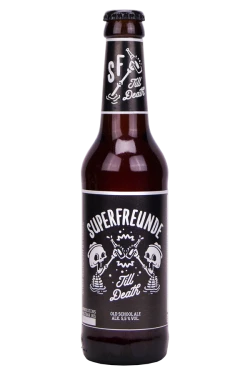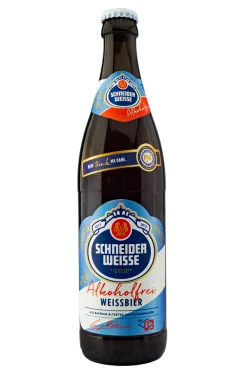Gruthaus
If you ask a beer fan what the main ingredients of their favorite drink are, they will certainly list water, malt, yeast and hops in this or another order. This is correct, but it hasn't always been this way.
The herbal past of our beer
Although it is hard to imagine, there was once a time in Germany when beer was brewed with very little or no hops. Hops as an essential component of every beer did not really become widespread until the 15th century. Before the Purity Law banned everything other than hops, malt and yeast from the kettles, most brewers used grut instead of hops. Grut is the generic term for a whole range of different herbs that were used to flavor beer. Grut herbs include wild rosemary, heather, meadowsweet, juniper and yarrow - basically all the aromatic, wild herbs and plants that you can find in the German landscape. Brewing with grut was particularly widespread in the north. Brewers could pick up the herbs they needed from the grut houses. This was also the case in Münster, the home town of the Gruthaus brewery.
G(r)ut for all
The Gruthaus is a passion project of Philipp Overberg and Jan Kemker. The two beer connoisseurs are committed to saving the Grut beer and are working with great passion on the renaissance of this traditional beer style: Not only did they create the Grutkultur festival, but they also brew a series of extremely interesting beers that should convince even the biggest skeptics. The unusual creations are mainly made in Münster city center, but in order to meet the constantly increasing demand, the Gruthaus regularly plays cuckoo and uses the kettles of several other breweries in Germany and Belgium. The recipes used are laboriously created by hand and demand everything from the newcomers: Sometimes it has taken a full two years before Philipp and Jan were happy with their creations and wanted to release them for sale. Perfectionism in its most delicious form! The result of their efforts are beers such as the Münsterländer Hanf or the Pumpernickel Porter . The beers are aromatic, complex and really special: unusual ingredients adorn the label and give the beers their unique character. Gruthaus brews beers that have a tradition in Münster with great preference, and a large proportion of the raw materials used come from the Münsterland region. The brewery is named Gruthaus in honor of Münster's brewing culture. The historic Gruthaus in Münster was for a long time a meeting point for all of the city's brewers and home to the fragrant herbs that gave Münster beer its aromatic taste.





